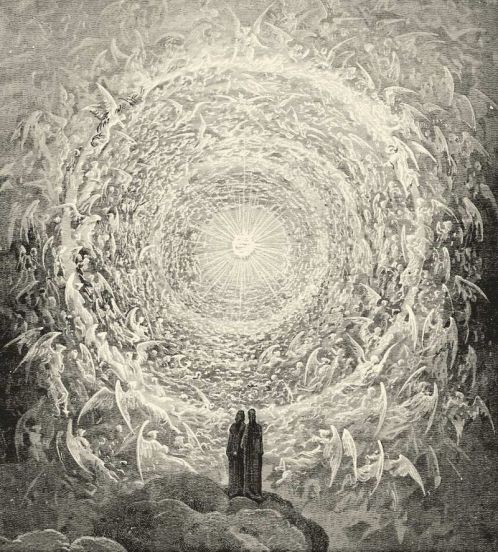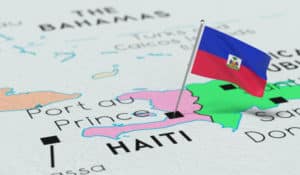Over the course of written history, translators have knocked heads about a single topic: Poetry.
How does one translate poetry? Is it even possible?
Those who claim it isn’t, including ‘Lolita’ author and translator Vladimir Nabokov, pointed out that rhymed, metrical, versed poetry is untranslatable.
According to him, the task of translating the text, subtext, structure, and rhythmic quality of poetry to a language wholly different cannot be done in its entirety, which is why all of Nabokov’s translated poetry is in prose.
Other translators like Douglas Hofstadter (Pulitzer Prize winner, ‘Gödel, Escher, Bach: An Eternal Golden Braid’) vehemently disagreed with Nabokov, even going so far as to re-translate a lot of his poetry in verse form.
The arguments in favor of poetry being translatable stem from the individual skill of the translator, the difference in similarity between source and target languages, and the depth of the poetry itself.
This relationship is best described by a quote from Sholeh Wolpé, during her translation of the epic Iranian poem, ‘The Conference of the Birds’:
«Twelfth-century Persian and contemporary English are as different as sky and sea. The best I can do as a poet is to reflect one into the other.
The sea can reflect the sky with its moving stars, shifting clouds, gestations of the moon, and migrating birds—but ultimately the sea is not the sky.
By nature, it is liquid. It ripples. There are waves.
If you are a fish living in the sea, you can only understand the sky if its reflection becomes part of the water.»





